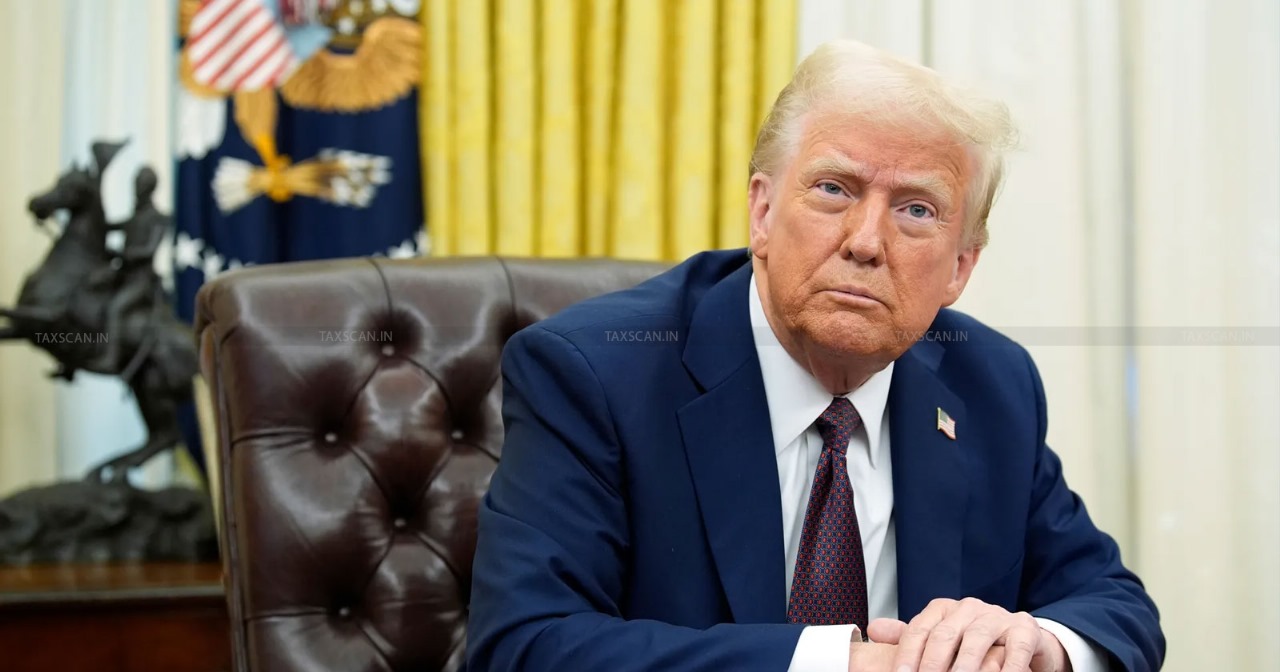GTRI Warns Against Full FTA with U.S., Recommends 'Zero-for-Zero' Trade Deal Post Tariff Pause
GTRI urges India to avoid a full FTA with the U.S., recommending a limited ‘zero-for-zero’ deal on industrial goods after Trump’s 90-day tariff pause

GTRI – GTRI Warns Against Full FTA – Recommends Zero-for-Zero Trade – Zero-for-Zero Trade – taxscan
GTRI – GTRI Warns Against Full FTA – Recommends Zero-for-Zero Trade – Zero-for-Zero Trade – taxscan
The Global Trade Research Initiative (GTRI) has warned that India should not enter into a full-scale Free Trade Agreement (FTA) with the United States, following U.S. President Donald Trump’s recent announcement of a 125% tariff on Chinese imports and a temporary 90-day tariff pause for other countries.
In its latest report, GTRI said that India must be cautious while negotiating with the U.S., especially at a time when global trade relations are tense. Trump’s move has sparked a trade war with China and brought fresh uncertainty to international markets.
GTRI believes that a full FTA with the U.S. could seriously harm India’s interests. The report lists several U.S. demands that could hurt Indian farmers, public health, small businesses, and key industries. These demands include allowing genetically modified food imports, weakening India’s farm support system, lowering tariffs on agricultural and automobile products, and changing patent rules that protect affordable medicines.
Read More: President Trump Pauses Reciprocal Tariffs for 90 Days but China not Included
Worried About SME IPO Pitfalls? Gain Clarity with This Advanced Course! Register Now
“Such a deal would do more harm than good to India,” the report says. GTRI argues that India's food security and local manufacturing could be at risk, and the livelihoods of millions may be affected. As a warning, the report points to Australia’s car industry, which collapsed after similar tariff cuts in the 1990s.
Instead of a comprehensive deal, GTRI recommends a limited “zero-for-zero” trade agreement. This would involve both countries removing tariffs on 90% of industrial goods, while keeping sensitive sectors like agriculture and automobiles out of the deal. According to GTRI, this would be a safer and more practical path for India.
The report also says India should focus on improving trade with other partners such as the European Union, the United Kingdom, Canada, China, Russia, Japan, South Korea, and ASEAN nations. GTRI also pointed out the need for domestic reforms, including simpler tariff structures, better GST processes, and smoother trade procedures to make India more globally competitive.
As the global trade environment continues to shift, GTRI's message is clear: India must be smart and strategic, and avoid rushing into any deal that could backfire in the long run.
Support our journalism by subscribing to Taxscan premium. Follow us on Telegram for quick updates


